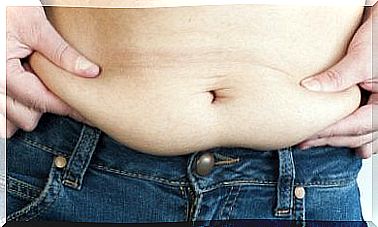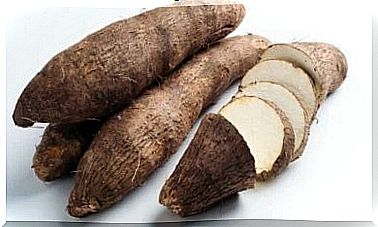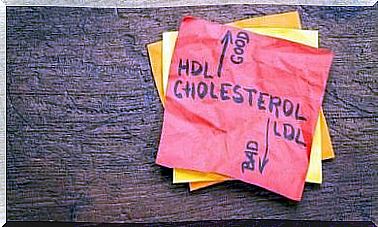Measles In Pregnancy: Symptoms And Treatment
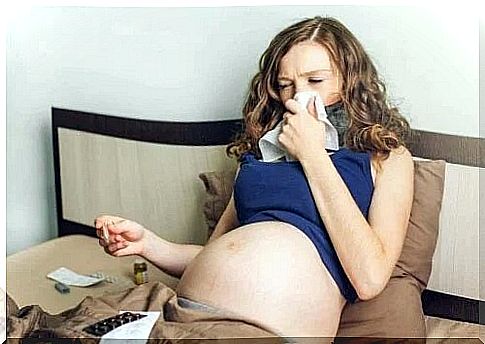
Measles is a contagious respiratory disease that can be fatal. Measles in pregnancy poses a threat to the health of the mother and fetus, as it increases the risk of premature birth, miscarriage and birth defects in the baby.
Although you can prevent the disease through vaccination and although mortality rates have dropped by 80% in the last 10 years, in 2017 there were 110,000 deaths, mainly among children under 5 years of age.
What is measles?
These symptoms occur in two stages. First, there are flu or cold symptoms, such as fever, cough, and eye pain. After two or three days, a rash begins to appear on the skin and inside the mouth. In a few days, the rash spreads all over the body.
Measles is contagious from the first days when flu-like symptoms appear and up to 4 days after the rash. Without complications, the disease heals in about 10 days.
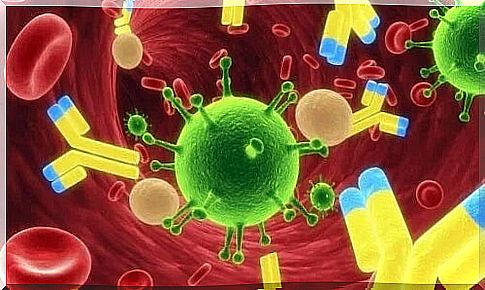
Complications of measles
Measles in pregnancy
- Premature birth
Risks related to vaccination in pregnant women
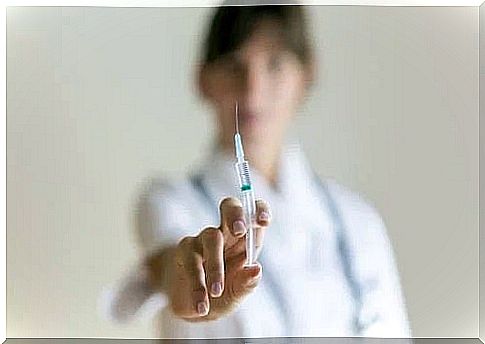
If a woman has been vaccinated or has previously had measles, her antibodies pass through breast milk to the baby. If the little one becomes infected, the symptoms will be mild. However, if a woman is infected during breastfeeding, she can transmit the disease to the baby, and this is very dangerous. The highest number of measles deaths occurs in breastfed infants, says Dr. José Tessone of the Center for Integral Gynecology in Mexico.
The measles vaccine is recommended from the age of 12 months, and the booster is given 28 days later. Research shows that the vaccine reduces the risk of contracting measles by 90%.
In some cases, in adults, doctors recommend revaccination. “The measles vaccination started about 40 or 50 years ago, so the immune system had to fight the virus frequently. Now, when the virus is less common, people who were vaccinated between the 1960s and 1980s may be more susceptible to the disease, ”says Dr. Silverman. However, vaccination against measles during pregnancy must follow the instructions given above.
